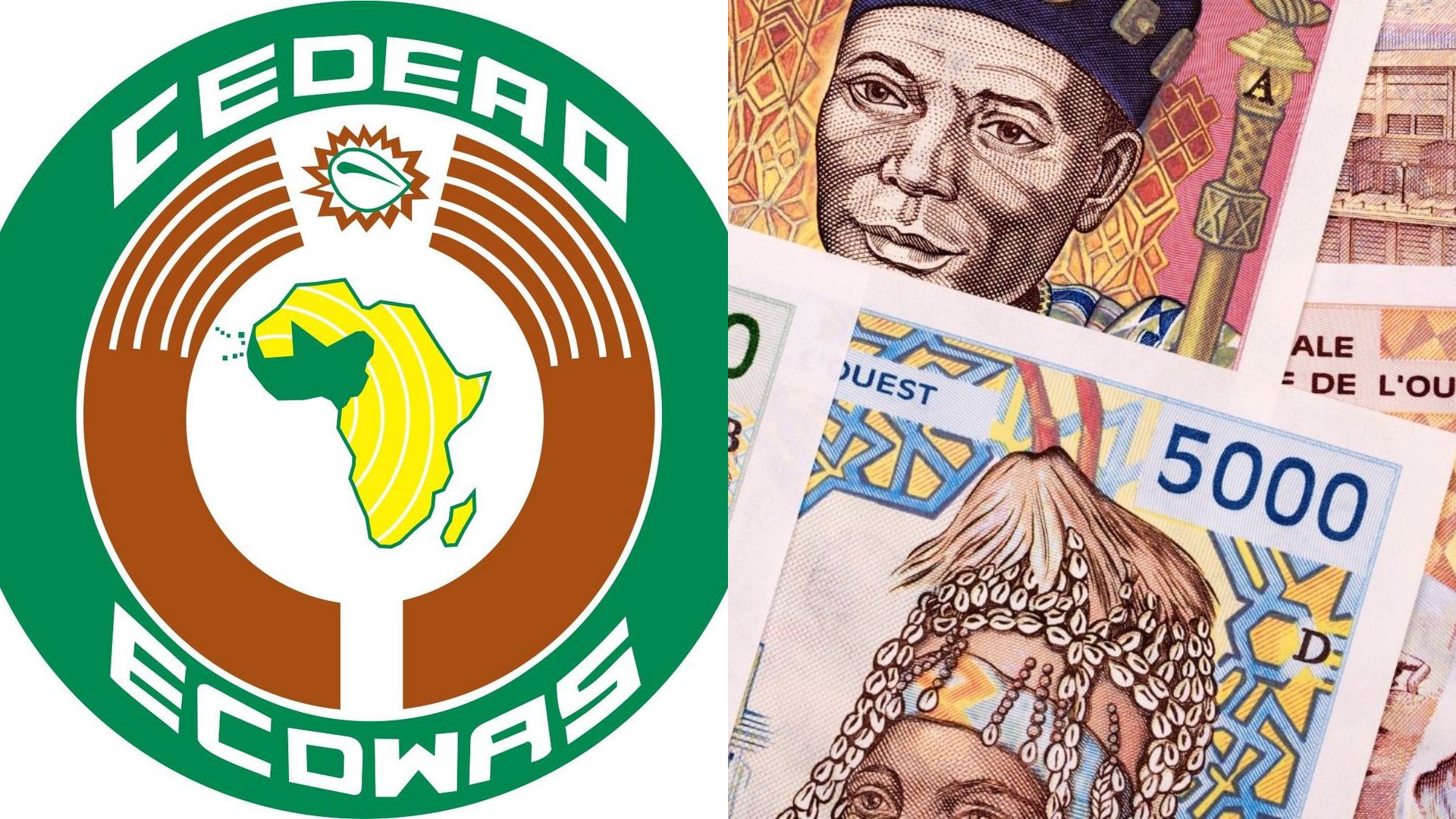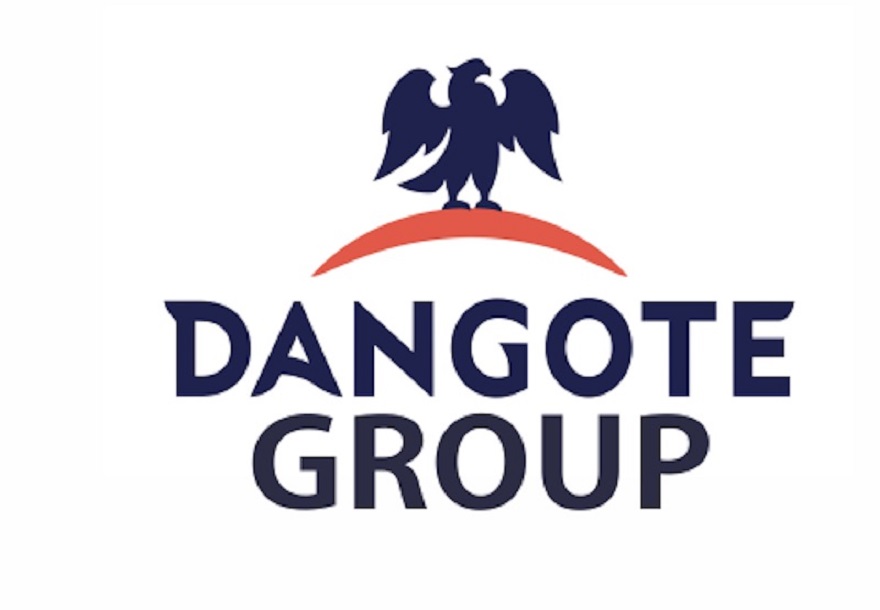Economy
Investors Lambast SEC for Double-Standards

By Modupe Gbadeyanka
Investors in the Nigerian capital market have slammed the Securities and Exchange Commission (SEC) for failing the corporate governance test it punishes players in the sector for.
According to a report by The Nation, the apex industry regulator has not published its yearly reports and accounts for four years.
The last annual reports and accounts of the commission was for the year ended December 31, 2013, halting a tradition that had seen SEC publishing its annual reports yearly for more than a decade.
However, any company listed on the trading floor of the Nigerian Stock Exchange (NSE), which fails to file its earnings is heavily fined by the regulators and sometimes suspended from trading.
According to The Nation, the failure of SEC to publish its financial statements is a violation of the Investment and Securities Act (ISA) 2007, Code of Corporate Governance and extant rules at the capital market.
Asked why SEC has been unable to prepare and publish annual reports and accounts and whether the failure to publish annual reports for years will not undermine the moral authority of the agency, SEC’s Corporate Communication Department requested for “some time” to respond. It has not responded for more than three weeks.
Those who spoke on the matter on condition of anonymity, because they were under the regulatory purview of SEC, decried what they described as double-standards of the regulator.
A survey of stakeholders, including shareholders, capital market operators and quoted companies, was unanimous that the inability of SEC to publish its annual reports and accounts annually was a major failure that exposes capital market to ridicule in the comity of international markets.
Both the SEC and Nigerian Stock Exchange (NSE) enforce stringent disclosure and transparency rules that include submission of quarterly and annual reports within stipulated timelines, with penalties for violation including monetary fine, suspension of trading, “naming and shaming” and in the extreme cases, delisting of such violators. The NSE has meanwhile maintained publication of its annual report and holding of annual general meeting.
A source blamed the failure on “some internal challenges”, including the absence of a board for the Commission. However, the failure to publish yearly report predated the dissolution of the board of the Commission in 2015 by President Muhammadu Buhari’s administration.
According to ISA, the board of SEC is responsible for the financial management of the Commission. The ISA stipulates that the Commission shall cause to be kept, proper books of records and accounts “which shall be audited by auditors appointed by the board of the Commission”.
ISA requires SEC to, not later than three months after the end of each year, submit to the Minister and the National Assembly, a report on the activities and administration of the Commission during the immediately preceding year and, shall include in such reports, audited accounts of the Commission and the report of the Auditor on the accounts.
Existing rules at SEC requires capital market operators to file their annual reports and accounts “not later than six months after the end of the accounting year” and “where a market operator fails to file quarterly returns twice in a year and nine months after the annual accounts becomes due, the market operator shall be referred for further enforcement action”.
SEC is proposing to tighten the rules by reducing the submission period to three months, citing the need to harmonise the rules with the requirements at the NSE.
In justifying the reduction of the period to three months, SEC noted that “the current practice is not in tune with the risk-based approach to monitoring of capital market operators (CMOs) and the information required may have become obsolete six months after the accounting year of a CMO”.
Corporate governance rules at the stock market require quoted companies to submit their audited annual reports, not later than 90 calendar days, or three months, after the expiration of the period.
Economy
Nigeria Renews Push for West African Single Currency as ECOWAS Hold Talks

By Adedapo Adesanya
Nigeria is stepping up engagement toward the creation of a regional single currency, following fresh consultations among West African monetary authorities, following constant delay of achieving the goal.
In an update by the Central Bank of Nigeria (CBN) via its X handle, the Governor of the apex bank, Mr Yemi Cardoso, led the country’s delegation to the Committee of Governors meeting held in Monrovia, Liberia, where policymakers reviewed progress and renewed discussions on establishing the long-proposed single currency known as the Eco.
Last year, the West African bloc announced that the single regional currency would be launched by 2027 to foster greater economic integration among member states by facilitating trade through a unified payment system, enhancing price stability and reducing inflationary pressures.
In the latest development, the CBN statement noted that the Nigerian delegation also included Deputy Governor (Economic Policy), Mr Muhammad Sani Abdullahi.
“The meeting formed part of statutory engagements jointly organised by the Economic Community of West African States alongside the West African Monetary Agency, the West African Monetary Institute, and the West African Institute for Financial and Economic Management. The consultations brought together financial regulators and economic policymakers across the sub-region to assess convergence benchmarks required for launching the unified currency”, the apex bank said.
The Eco project is designed to deepen economic integration among ECOWAS member states by providing a common legal tender that would facilitate cross-border trade, enhance price transparency and reduce transaction costs tied to multiple currency exchanges. The initiative has been under discussion for over two decades but has experienced repeated postponements as member countries struggle to meet strict macroeconomic convergence criteria.
The apex bank noted that the meeting focused on evaluating member states’ performance against key economic indicators. These include inflation rate ceilings, fiscal deficit thresholds relative to gross domestic product, and foreign reserve adequacy, all considered critical safeguards for ensuring stability within a potential monetary union.
Despite many delays, ECOWAS latest move shows it may be aligning with Nigeria’s Minister of Foreign Affairs, Mr Yusuf Tuggar, saying last year that member states have started attaining benchmarks to see the goal actualised.
Economy
NCS Denies Manipulating FX Rates in Import, Export Valuation

By Adedapo Adesanya
The Nigeria Customs Service (NCS) has clarified how foreign exchange rates are applied in its import and export valuation, saying it neither determines nor alters rates used in cargo clearance.
The service, in a statement by its National Public Relations Officer, Mr Abdullahi Maiwada, explained that it relies solely on official figures transmitted by the Central Bank of Nigeria (CBN).
Mr Maiwada stated that recent public commentary surrounding forex pricing, investor reactions, and customs valuation had prompted NCS to explain the operational framework guiding its digital clearance platform.
“It is worthy of note that the reported exchange rate of N1,451.63/US$ for February 6, 2026 did not originate from the B’Odogwu system.
“That figure was sourced from trade.gov.ng, a legacy public trade information portal that does not reflect live Customs processing data,” it stated.
According to him, all exchange rates used in trade processing are automatically integrated into its Unified Customs Management System, known as B’Odogwu, which it described as the sole official portal for declarations, clearance, and valuation.
“It is important to provide factual clarification on how exchange rates are received, processed, and applied within the NCS digital clearance system, B’Odogwu, a Unified Customs Management System which serves as the sole official platform for Customs declarations, clearance, and valuation,” the statement reads.
The NCS spokesman said the Service receives rates electronically from the apex bank and applies them uniformly across commands nationwide, ensuring transparency, predictability, and compliance with statutory fiscal and monetary policies.
He argued that NCS does not generate or manipulate exchange rates under any circumstances.
Instead, it explained that the platform operates structured data-integration protocols designed to ingest and apply exchange-rate feeds exactly as transmitted.
“For the avoidance of doubt, the Nigeria Customs Service does not independently determine, generate, alter, or apply margins to foreign exchange rates used for import and export valuation.
“All exchange rates applied within the B’Odogwu platform are official rates electronically transmitted by the Central Bank of Nigeria, which remains the competent authority for exchange rate determination under Nigeria’s monetary framework,” Mr Maiwada added.
Economy
Dangote Gets $400m Chinese Construction Equipment for Refinery Expansion

By Aduragbemi Omiyale
To fast track the expansion of its Lagos-based refinery, Dangote Group has sealed a $400 million construction equipment deal with one of the leading manufacturers of construction machinery in China, XCMG Construction Machinery Company Limited.
A statement from the conglomerate disclosed that beyond refining, the expansion programme will see polypropylene production increase from 900,000 metric tonnes per annum to 2.4 million metric tonnes per annum.
Urea capacity in Nigeria will be tripled from 3 million to 9 million metric tonnes per annum, in addition to the 3 million metric tonnes per annum capacity in Ethiopia, strengthening the Group’s position as the largest urea producer globally.
There are plans to expand the Dangote Petroleum Refinery and Petrochemicals from 650,000 barrels per day to 1.4 million barrels per day, positioning it to become the largest refinery in the world.
The Chinese deal will enable Dangote Group to acquire additional wide range of advanced construction equipment to support ongoing and forthcoming projects across refining, petrochemicals, agriculture and large-scale infrastructure development. The new equipment will complement existing assets deployed for the refinery expansion, which is expected to be completed within three years.
Production capacity for Linear Alkyl Benzene (LAB) will also be increased to 400,000 metric tonnes per annum, positioning the Group as the largest producer in Africa and strengthening supply to the detergent and cleaning agents manufacturing industry. Additional base oil production capacity also forms part of the broader expansion programme.
Dangote Group described the agreement as a strategic investment aimed at deepening its construction footprint and accelerating its ambition to build a $100 billion enterprise by 2030.
“The additional equipment we are acquiring under this partnership will significantly enhance execution across our projects. With this investment, we are positioning ourselves to become the number one construction company in the world,” it stated.
-

 Feature/OPED6 years ago
Feature/OPED6 years agoDavos was Different this year
-
Travel/Tourism10 years ago
Lagos Seals Western Lodge Hotel In Ikorodu
-

 Showbiz3 years ago
Showbiz3 years agoEstranged Lover Releases Videos of Empress Njamah Bathing
-

 Banking8 years ago
Banking8 years agoSort Codes of GTBank Branches in Nigeria
-

 Economy3 years ago
Economy3 years agoSubsidy Removal: CNG at N130 Per Litre Cheaper Than Petrol—IPMAN
-

 Banking3 years ago
Banking3 years agoSort Codes of UBA Branches in Nigeria
-

 Banking3 years ago
Banking3 years agoFirst Bank Announces Planned Downtime
-

 Sports3 years ago
Sports3 years agoHighest Paid Nigerian Footballer – How Much Do Nigerian Footballers Earn












